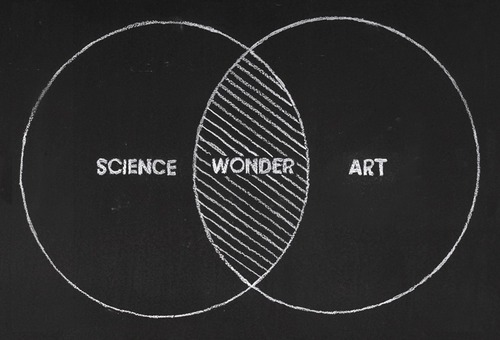Competition between rivals is at the heart of the exhilirating movie Rush. Focusing on the intense rivalry between James Hunt and Nikki Lauda in the run up to the 1976 Formula 1 World Championship. Could either have achieved what they did without the presence of the other pushing them on constantly?
Hunt and Lauda are clearly two very different men with two hugely differing attitudes to life. But both shared a passion to win races and so each drove (literally) the other on to success. Lauda shown to be meticulous, studious and obsessive in the extreme, Hunt a flamboyant, party-hard ladies man. Daniel Bruhl who plays the uber analytical Lauda is particularly impressive.
Respected Adversaries
Rush, a rare film that places the dynamic of intense competition at its heart, makes you wonder if Coca Cola would be the giant they are today without Pepsi snapping at their heels back in the 80’s. Whether Apple would have ever become the biggest company by way of market capitalisation, if Microsoft weren’t so complete in their domination. Or even if Manchester United could have dominated English football without their rivalries with Arsenal, Chelsea et al.
Rush – An Energetic Tour De Force of Cinema
Amongst the predictable bravado, machismo and blatant rivalry we see moments of extraordinary mutual respect and acknowledgment between Hunt and Lauda. Hunt dishes out a physical lesson to a journalist who mocks Lauda. Lauda reveals that it was Hunt’s race winning appearances on his hospital room television that served to intensify his absolute need to get better just so he could get back in a car and race again, after a near fatal crash leaves him severely burnt.
We eventually witness Hunt win the Championship by coming 3rd in the final race thus earning enough points to clinch the title. What’s really interesting is that he could not have done this without Lauda’s presence. Perhaps we owe our competitors a debt of gratitude for their ever motivating presence.
http://www.youtube.com/watch?v=QKAr42gxjhM
Sartaj Garewal is the founder of Dynamic Presenting – a creative, leadership development consultancy, adapting theatre training to create leadership programs for business.
Dynamic Presenting – Enabling Powerful Communication










